Deep sea mining is considered to be a major threat to the marine ecosystem. This activity is primarily carried out to extract metals (such as manganese, cobalt, nickel, and rare earth metals) from the seafloor.

These metals are important for electronics, renewable energy technologies (such as batteries for electric vehicles) and other high-tech devices. However, this process can cause severe harm to marine life and ecosystems.
Main creatures and ecosystems affected by Deep Sea Mining:
Benthic Organisms:

- Corals: Deep sea corals, such as cold-water corals, are directly impacted by mining activities. These corals are slow growing and mining can lead to destruction of their habitat.
- Sponges: Sponges are also important creatures living on the seabed, which can be destroyed due to mining.
- Worms and Crustaceans: Small organisms that live on the seafloor, such as polychaete worms and crustaceans like shrimp, are affected by mining.
Hydrothermal Vent Communities

- Organisms that live near hydrothermal vents, such as tube worms, certain types of crustaceans, and bacteria, can be seriously affected by mining. These creatures have evolved in unique conditions and the destruction of their habitat could be dangerous to their survival.
Plankton:
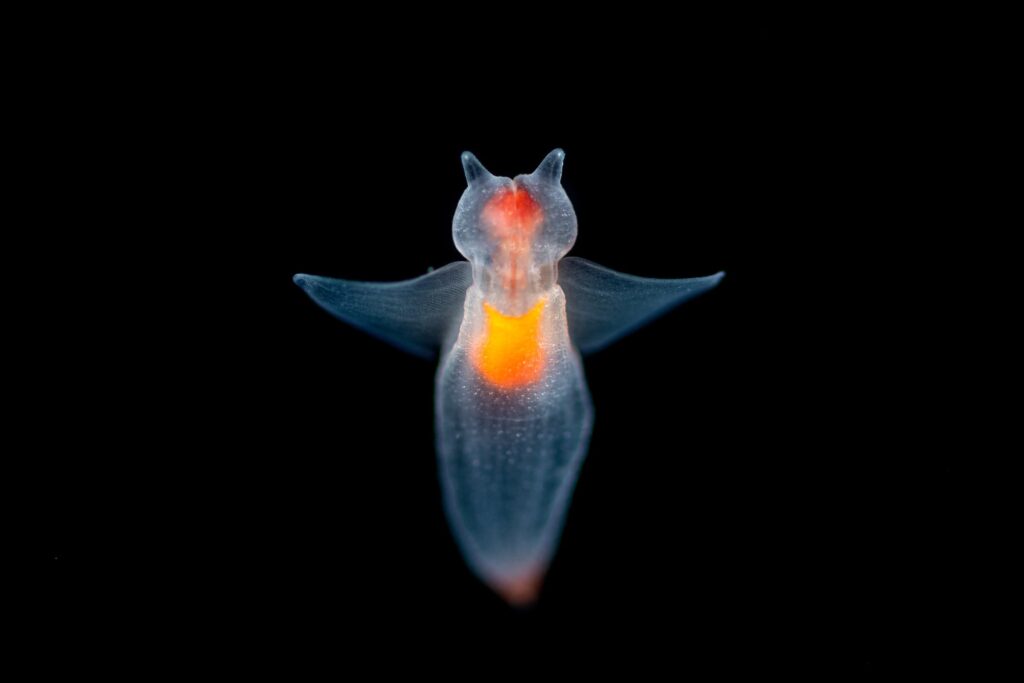
- Dust and chemicals released during mining can affect plankton (micro-organisms) by mixing with water. Plankton are the basis of the marine food chain, and their impact can affect the entire ecosystem.
Fishes and other sea animals:
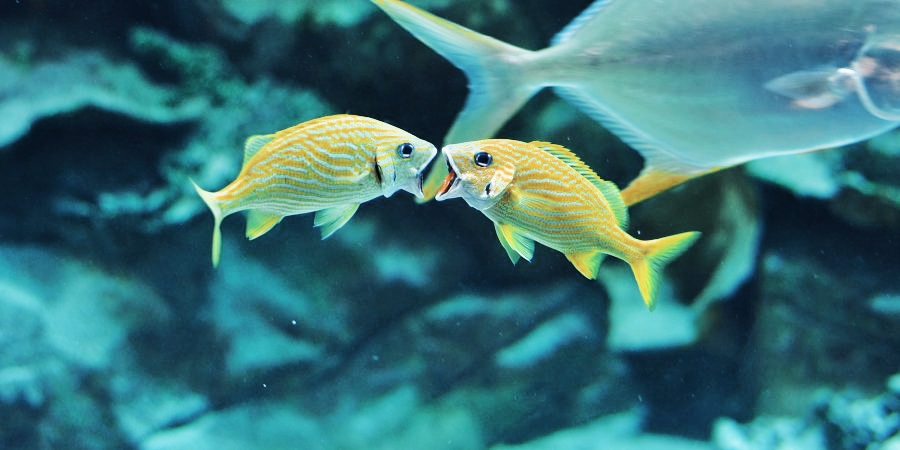
- Pollutants and noise from mining can affect fish and other marine creatures. This could also negatively impact the fishing industry.
Marine Mammals:

- Noise produced during mining can affect marine mammals such as whales and dolphins, as these creatures depend on sound.
Major Environmental Effects of Deep Sea Mining:
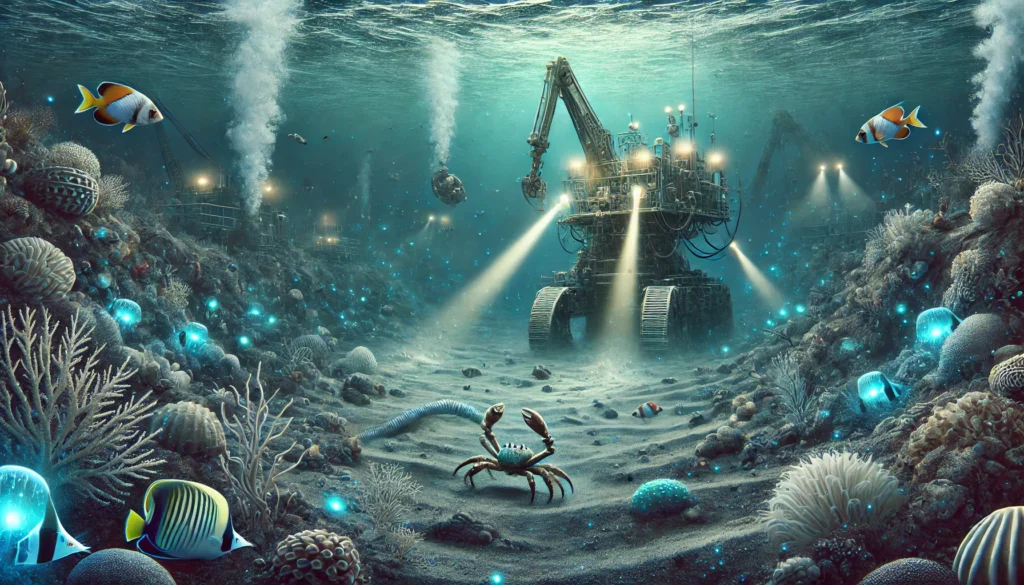
Habitat Destruction: During mining, the seabed is dug up, which destroys the habitat of the organisms living there. This process can be fatal to corals, sponges, and other benthic organisms.
Effect of dust and sediment (Sediment Plumes):The dust and sediment released during mining spreads into the water and affects the water quality. It can be harmful to plankton and other organisms.
Chemical Pollution: Chemicals released during mining, such as heavy metals, can be toxic to marine organisms.
Noise Pollution: Noise generated during mining can be harmful to marine life, especially whales and dolphins.
Loss of Biodiversity: Many species found in the deep sea have not even been discovered yet. These species may become extinct because of mining.
Deep Sea Mining can cause severe harm to marine life and ecosystems. Therefore, before starting this activity it is necessary to carefully assess the environmental impacts and adopt protective measures. Scientists and environmentalists are insisting that deep sea mining activities should be allowed only under strict rules.
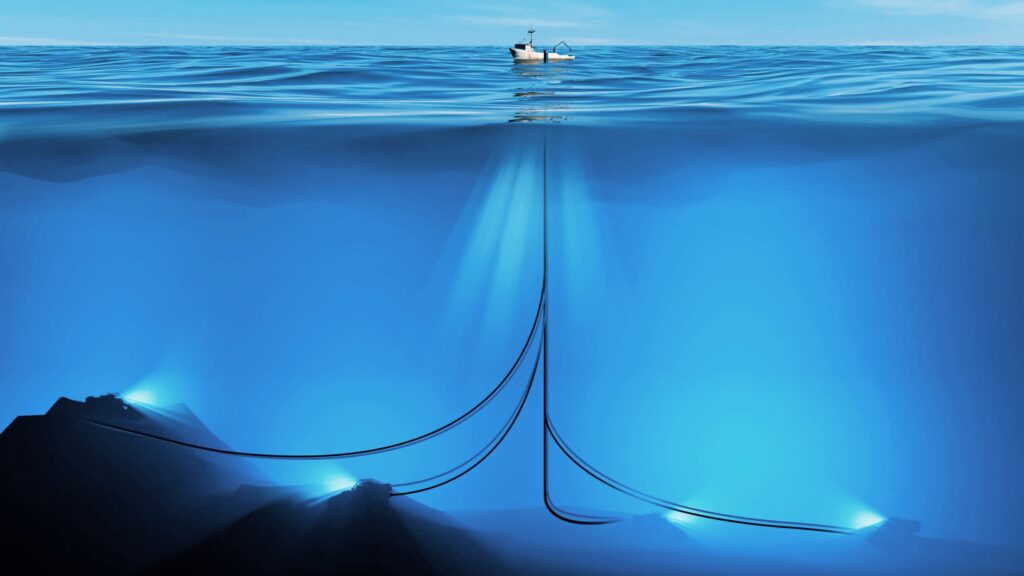
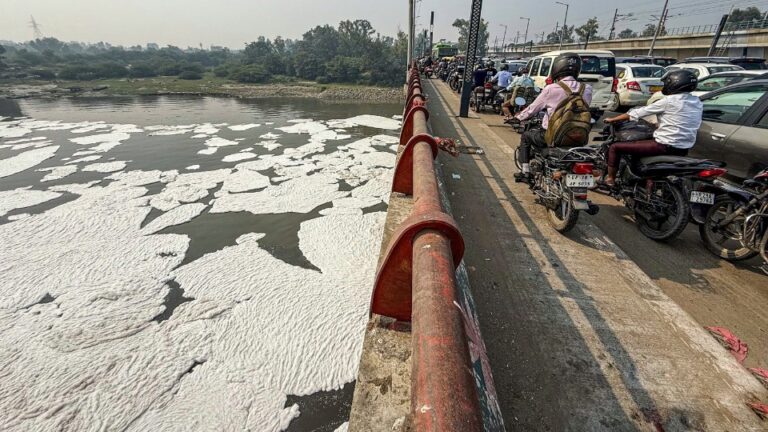

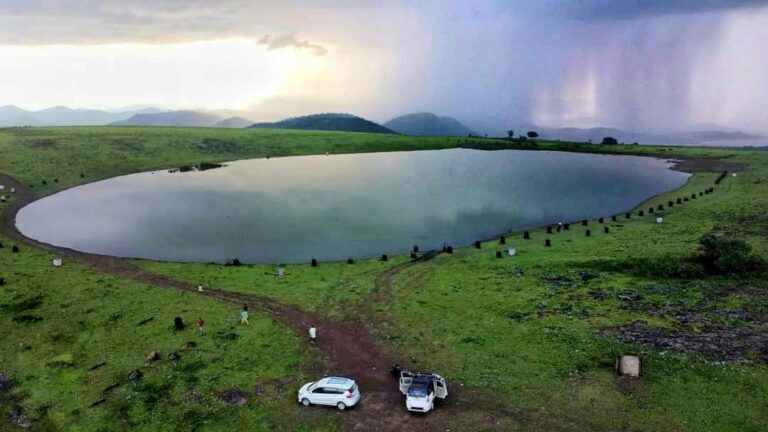
Help me get 1000 subscribers – https://t.me/+8YD4vOIJpnk4ZmVh
In my channel I share information about promotion, marketing, crypto and personal life.
Thank you, good person!
HeEnveda